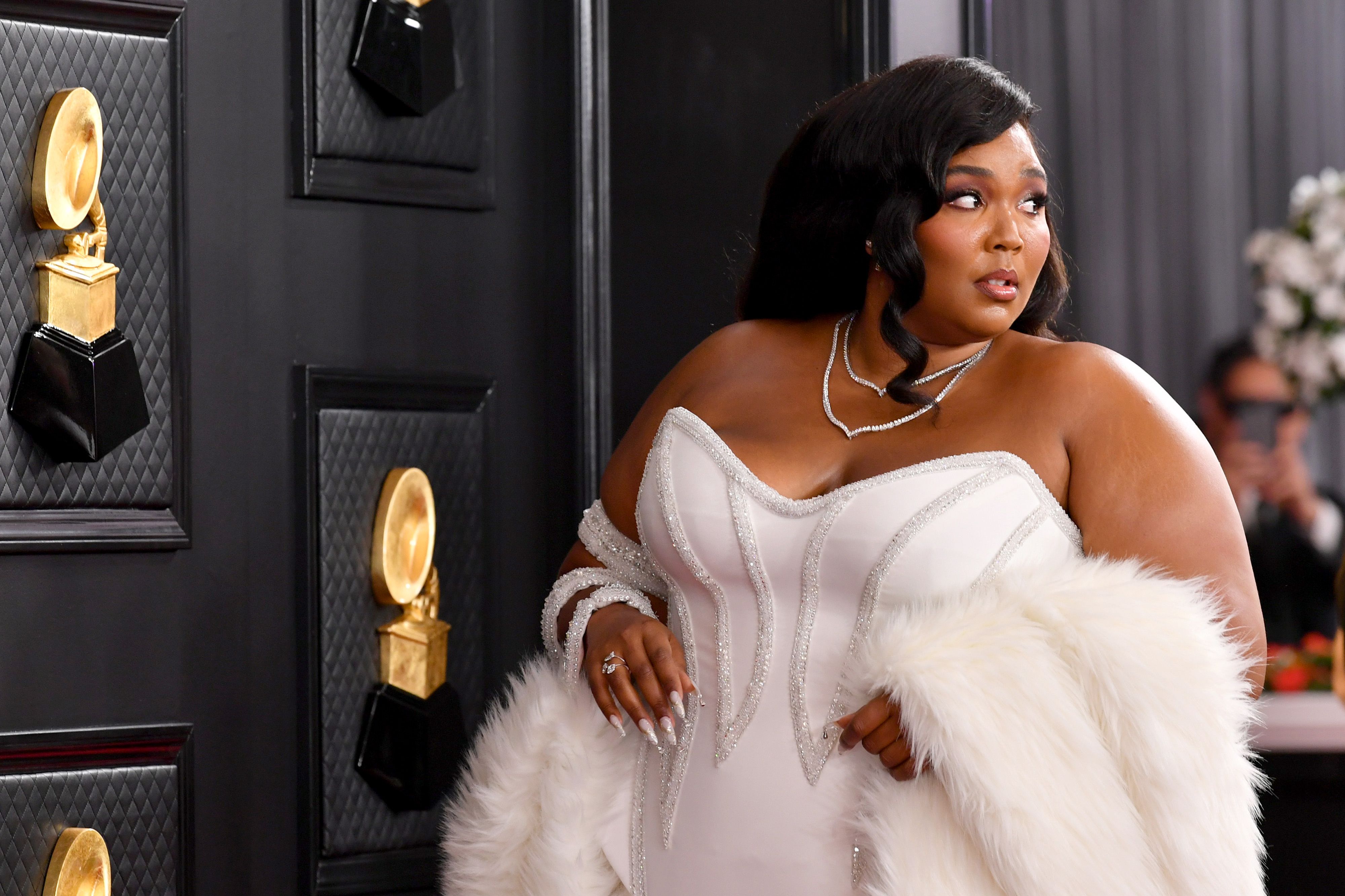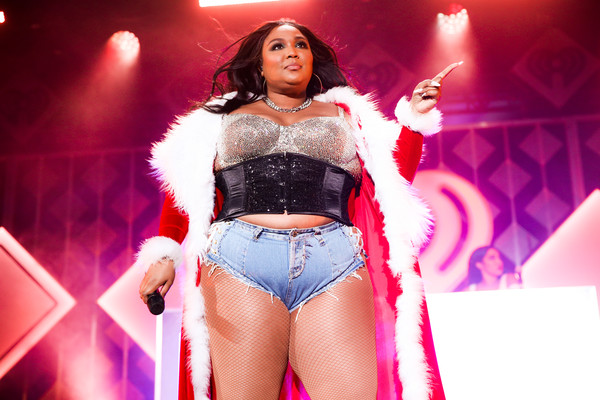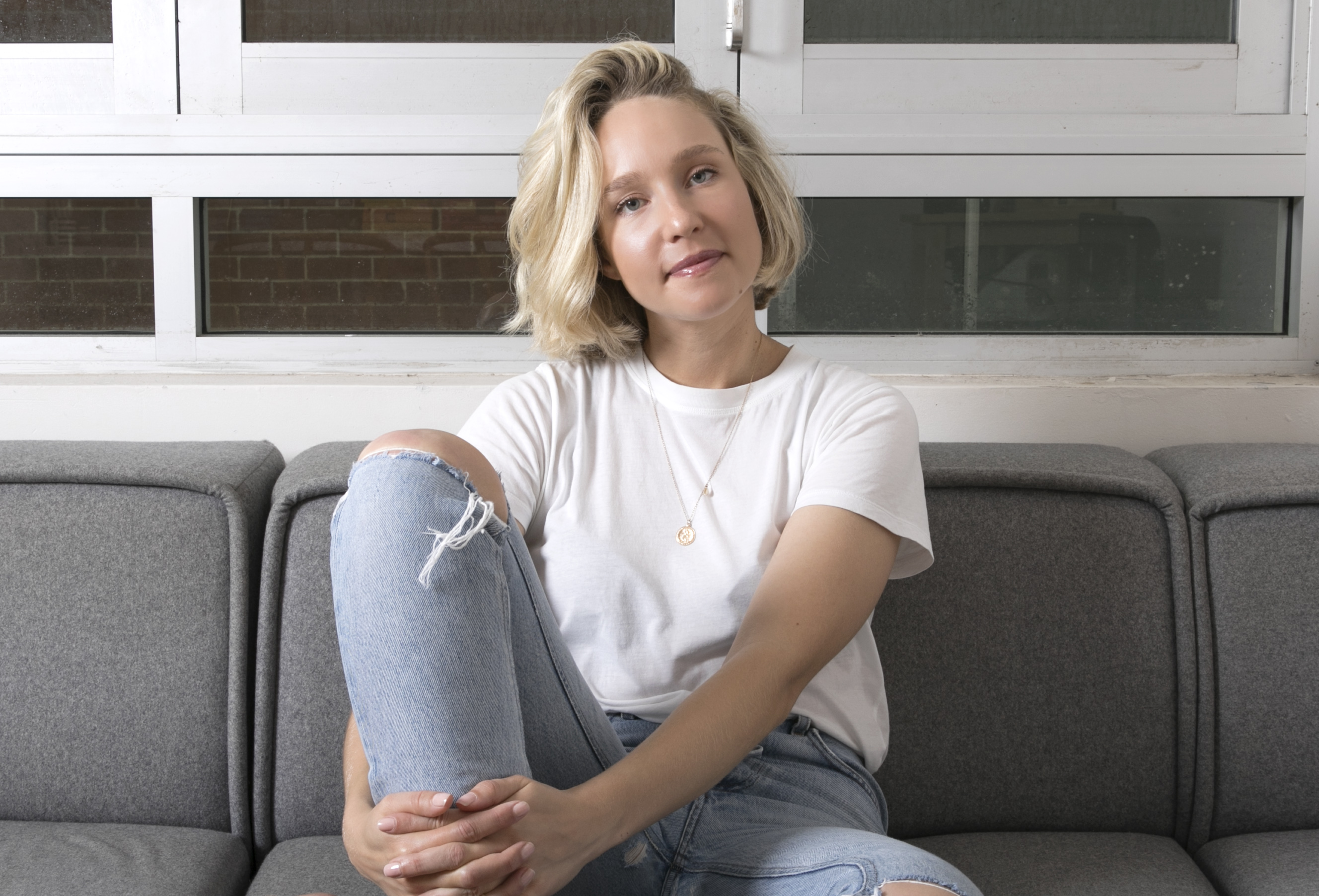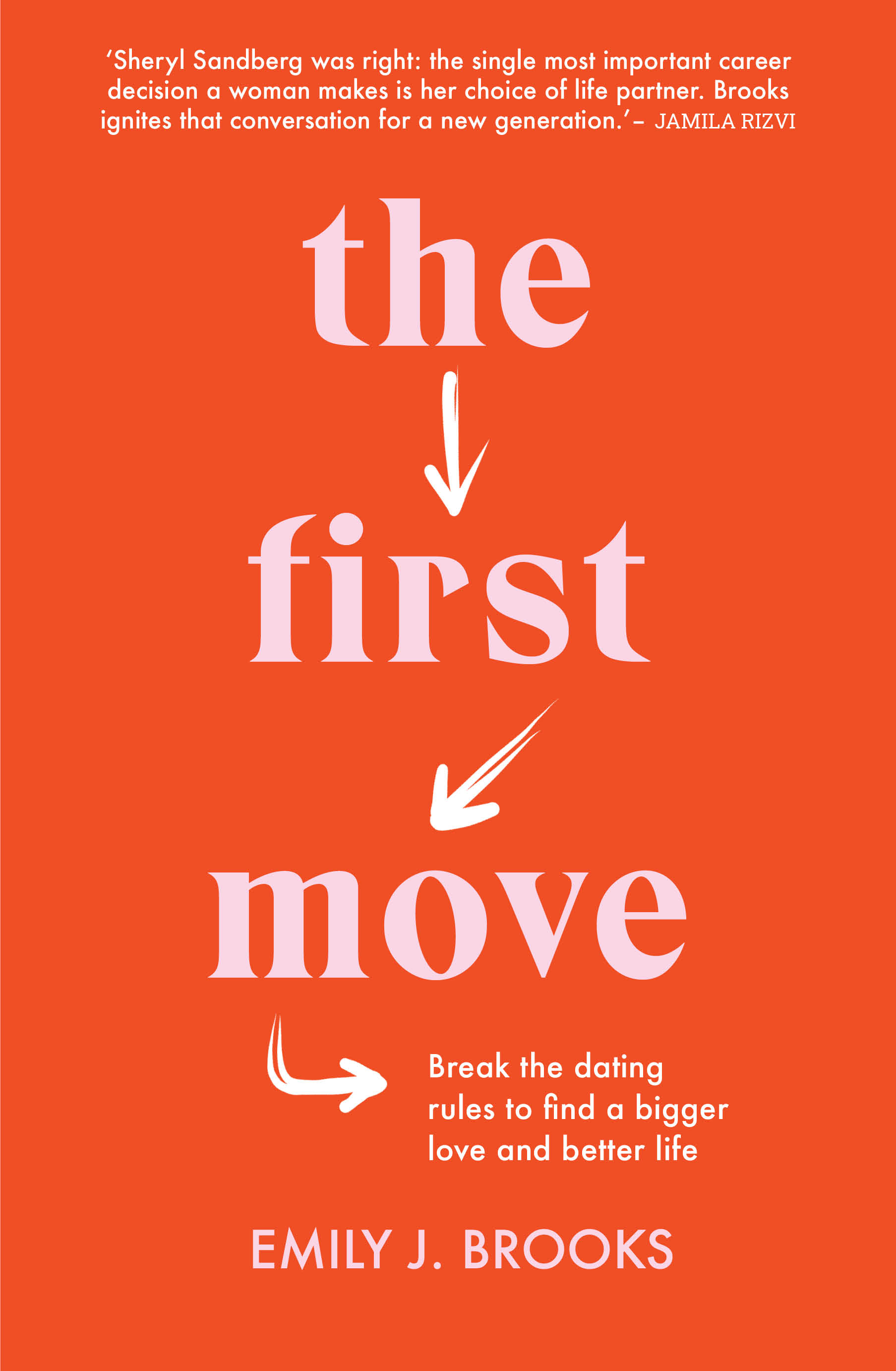News feed

About once every six weeks, I fall in love. It usually comes at a time where I am ready to fall again; after the emotional rollercoaster of the last slows to pull up, the end of the ride impending. They are all very different, I should add, but I certainly have a type. It involves a certain level of arrogance—enough to be amusing, not enough to be abrasive—dished out with a good sense of humour. They are usually rappers and I often fall in love with them more than once. I get over them, of course, but within a few months I am back. Desperately knocking on the doors of their Spotify accounts.
Over the course of 2019, I fell in love—at least twice—with Childish Gambino, Chance The Rapper, Kendrick Lamar, and Jay Z (I had to rejoin Apple Music for him). The new Lion King album also resulted in a brief affair. Each great love is always intense. I don’t just consume each album, each song; I watch every interview I can locate on YouTube, I read every New Yorker and New York Times profile I can dig up.
These great loves orbit my world for around six weeks, maybe to return again a few months later. And for good measure, we usually do it all over again. But the greatest of all my great loves last year, the woman I have returned to time and time again, is Lizzo. I was introduced to her through a friend, who sent me the link to Lizzo’s first major-label release, Cuz I Love You, and I paid attention. I was instructed to listen to ‘Tempo’ featuring Missy Elliott first. It was love at first listen. I consumed the entire album from start to finish three times that day. I shared her with friends. I always do.
And then the research began. The fourteen-track album, which was not her first, debuted at number six on the Billboard 200 charts, beating Beyoncé’s Homecoming, which sat at number ten. It went to number one on iTunes, and the critics adored it. A Minneapolis musician was having her breakthrough moment at age thirty. I was cheering her on from the sidelines. Three months before I found her, in February, Allison P. Davis had beaten me to it in her profile for The Cut. I will never forget the headline. ‘It’s Just a Matter of Time Till Everybody Loves Lizzo,’ she wrote, and she was right.
Purchase “The First Move” By Emily J. Brooks here.
Now everybody loves Lizzo. I have had to share my greatest love with the entire world, and it is an honour. She has performed on every possible talk show. She graces ads, and stars in memes. She has become culture. She came out of a giant wedding cake at the BET awards, she performed in front of a huge inflatable arse at the VMAs, and her consistent message of self-love has reverberated around the world. See, the subtitle that followed The Cut’s headline is the most important part of Lizzo’s story. What followed ‘It’s Just a Matter of Time Till Everybody Loves Lizzo,’ was the subtitle, ‘as much as she loves herself’.

This message Lizzo sends is her superpower. It is more than a mission statement. It is a consistent affirmation told and retold through each note, each word, each song, each flute solo, each ‘Bitch!’, each performance. It isn’t one album. It isn’t one genre. It is a way of life, and Lizzo is living it. We are familiar with this way of life but it is not one we are used to seeing women live. The men we see living it are usually rappers, and it is part of the reason I fall for them. The narrative of their music sewn together with an arrogance that persuades you into believing they can do anything, while they rap about their pitfalls. You trust them. They have an ease in themselves despite their flaws. Confidence of the casual sort. And through their music, you slowly start to believe you have this ease, this arrogance, this confidence too. Some would argue Beyoncé has this. But Beyoncé does something different. She will tell us we run the world, but she exhibits this with a sense of control. A public display of perfection, even when she is mad and destroying a car with a baseball bat.
“Lizzo does not exhibit a sense of control or a sense of perfection. She exhibits an entirely different force. She is free”.
She vows to love herself in every instance of her life, even the messy ones. In fact, she seems to love herself more in these moments. There is no filter to her music. She makes it okay to feel shit about yourself, and love yourself anyway. There is no ‘I will be happy once I have achieved this’; ‘I will be beautiful once I have lost this’; ‘I will be whole once I have found this’. Rather, it is ‘I am here, bitch’.
Purchase “The First Move” By Emily J. Brooks here.
‘I am a pioneer in creating modern self-love, body-positive music,’ she said in The Cut profile. Her lyrical takes on modern self-help caused every third woman in the summer of 2019 to publicly declare that they, too, were 100 per cent that bitch. But her words have had an impact far greater and wider than the average woman’s Instagram caption, and the impact lies in a crucial nuance. The single factor that makes Lizzo such a pioneer, as Allison P. Davis wrote, is that, ‘Lizzo has been teaching herself to be 100 per cent that bitch since she was Melissa Jefferson, a self-described dorky, overweight preteen’. She’s not a Victoria’s Secret model preaching self-care or an Instagram influencer explaining her ten-step skincare routine. She hasn’t had an easy life or journey to this moment, where the entire world is now paying attention to Lizzo.
She continues to work on her relationship with herself. She goes to therapy. She quotes her own lyrics back to herself in times of need. She has cancelled shows when she’s reached a point where she isn’t taking care of herself. In her profile with The Cut, Lizzo said she’s embracing the ‘body-positive’ title but does not want to label herself this way. It is simply her existence, not a hashtag or an act. ‘I say I love myself, and they’re like, “Oh my gosh, she’s so brave. She’s so political,”’ she said. ‘Even when body positivity is over, it’s not like I’m going to be a thin white woman. I’m going to be black and fat. That’s just hopping on a trend and expecting people to blindly love themselves. That’s fake love. I’m trying to figure out how to actually live it.’
Her music is a celebration of the lifestyle of loving yourself, and now the entire world wants to join the party. And it’s had me thinking about why we’re all so hooked, about what we’ve been missing out on.

For women, the moments worthy of celebration in our lives do not by and large involve purely—and only—ourselves. When you think about the milestones prompting public recognition and registries and invites we stick to our fridges for too many months, they recognise, mainly, marriage. Perhaps the engagement beforehand, and then, possibly, the baby showers that follow. But predominantly marriage. Our greatest celebration in life is still, really, the wedding. And when this celebration occurs, when your friends and family unite to toast to a love that has formed and the promises that have been made, something else happens. A new chapter is recognised, and as a result, begins. Your emergence into adulthood occurs. Your adult life starts. It is acknowledged by your people, and you merrily step into your future with your husband by your side. But if your celebration has not yet taken place, if your emergence into adulthood has not yet arrived, these celebrations exist as constant reminders that you are not there yet. The message is reinforced again and again.
You are, still, a work in progress.
This assumption is reinforced throughout teenagehood with the mothers who see their daughters as successful when they find a ‘nice boyfriend’. And then later in our twenties, when brunch with friends is served with conversation revolving around the men we are speaking to. And in our thirties and basically every decade following, when single women are asked whether they have had any ‘joy’ on the dating front. Men are asked who they are banging; women are asked if they have found someone yet, as if their lives depend on it. These questions are littered with the patriarchal socialisation and assumption that a woman is only successful, is only whole, is only adult, once she has found a man to spend the rest of her life with. A man who will open the doors to this new chapter, allowing his loved one to emerge into adulthood as she twirls into her new house, which is finally a home, and the prospects of a puppy, dinner parties and 2.5 children. She has finally arrived at her destination. She is whole. She is free.
Purchase “The First Move” By Emily J. Brooks here.
When in actual truth, women freed themselves from this storyline a long time ago. The only problem is the constraints of longstanding cultural norms—of what is considered right and wrong, good and bad, adult and not adult— still try to lure us back into traditional trajectories through questions, assumptions and celebrations of a love deemed worthy of a glass of Dom Pérignon. The love we share with someone else. It makes women feel like they haven’t emerged into adulthood until they arrive at this celebration, even when this story—that forces so many women to settle—is an outdated one.
In 2019, trend forecasters announced the emergence of the ‘single positive’ revolution, as a growing number of happy, fulfilled singles around the world view singledom as a conscious choice instead of an unfortunate holding period. A Future Laboratory trend report cited Euromonitor’s prediction that by 2030, single-person households will be growing at a faster rate than any other household type around the world. ‘For some, singledom is not a state that they long to be out of, but a lifestyle choice with benefits,’ Future Laboratory’s report said. ‘Family and marriage are no longer the primary focal relationships for consumers.’ Another trend report, from ad agency J Walter Thompson, called ‘The Single Age’, claimed: ‘Single people are steadily becoming not outliers but a new norm, and they report finding great satisfaction in their decision.’ Millennials, according to the JWT report, are leading the movement.
It’s also important to note ‘single positives’ aren’t against being in a relationship—they simply won’t settle for one that will bring unhappiness. It must expand their life, not reduce it. They do not need another half, they are whole already. Anything else is an addition, so the bar is set higher than it once was. The Future Laboratory is calling this shift the ‘uncoupling of society’, as we make a gradual move away from coupledom being seen as the cultural norm.
“Singledom will be a choice, not a state of waiting.”
In the 2019 December issue of British Vogue, actress Emma Watson graced the cover and spoke about broaching her thirtieth birthday the following April. She admitted she’d had a tough year, mainly because she had envisioned what her life would look like at thirty. At twenty-nine, she began feeling anxious and she soon realised it was because there was ‘this bloody influx of subliminal messaging around’. It told her that if she did not have a husband, baby, home, and stable career by thirty, she was somehow a failure. ‘There’s just this incredible amount of anxiety,’ she told the magazine. ‘It took me a long time, but I’m very happy [being single]. I call it being self-partnered.’
Purchase “The First Move” By Emily J. Brooks here.
Millennials are three times less likely than their grandparents to marry, with marriage at an all-time low across the globe. In the United States, only 29 per cent of people aged between eighteen and thirty-four were married in 2018, compared to 59 per cent in 1978. Overall, only half of adults in the U.S. are married, and 51 per cent—more than half—of Americans aged between 18 and 34 don’t have a steady romantic partner. A 2014 Pew Research Center report predicted that by the time today’s young men and women are fifty, at least one in four of us will have been single our entire lives. As marriage rates continue to decline and singledom continues to rise, it is leaving room for a huge percentage of people to not only live self-partnered lives, but thrive in them.
I do not tell you these stories to persuade you into eternal singledom. I tell you these stories to remind you of the reality in which we live. A reality in which we don’t have to settle, in which a true partnership is no longer a compulsory destination in our life, but merely a route we may choose to take if the fork appears in the road for us. It is a choice, not an obligation. Our life does not depend on it, is no longer defined by it, and continues to evolve without it. We are not a ‘work in progress’ until we choose this route.
And if this is our new reality, if this is the current world women are able to live in because of the battles won by the women before them.
“Our emergence into adulthood should no longer be defined by the drop of a knee, the appearance of a ring, a stroll down the aisle, or the arrival of a teammate. It should be defined by something far more intrinsic: our shift from dependence to independence.”
I am not talking about political, economic and civic independence, when we turn eighteen or twenty-one or whatever age the country we are living in deems as legal adulthood. I am talking about emotional independence. Where we not only know what it means to be ourselves, but respect the person who appears before us in the mirror each morning.
It should be defined by the love that arrives purely—and only—in ourselves.

This arrival point differs for each one of us, and what arrives is self-worth. You are, finally, enough. You are enough when you succeed. You are enough when you fail. You are enough when you walk out of your apartment feeling good as hell. You are enough when he doesn’t call. You are, in every instance, enough.
Self-worth is different to self-esteem, which tends to ebb and flow with the situations playing out before our lives. Self-worth is our rudder. Firmly attached, guiding us through the wins and losses of daily existence, getting us back on track a little faster each time. Creating a consistent undercurrent of resilience in our lives. So, when this self-worth arrives, when we depart dependence and reach emotional independence, that is something to celebrate. And that is why everybody loves Lizzo. Her music is a celebration of the love that has arrived purely—and only—in herself, and she has become the soundtrack of this new emergence into adulthood.
When this moment, for you, finally arrives, when this emergence into adulthood occurs, it is important to celebrate. Maybe you don’t need to perform in front of a giant inflatable arse at the VMAs, but you do need to give this new chapter the recognition it deserves, whether it is a public act or a private one.
Maybe it’s cracking open a bottle of Dom Pérignon with your closest girlfriends, maybe it’s throwing a birthday party to rival some of those weddings you’ve attended, or maybe it’s moving into a new apartment and buying furniture you want to cohabitate with for the rest of your life. I personally love the last. Out with the Ikea, in with the Eames. Adulthood is here. Get the puppy if you were waiting for it too. You are no longer in a state of waiting. Your new chapter is here, you have made a choice. You have arrived. Anything else arriving beyond this point merely expands your life, but it does not define it. You do. And this, my friend, is an honour. Because we can experience something our mothers rarely could.
In my mother’s era, and indeed her mother’s, womanhood was defined by motherhood and wifehood. And as we now exist in an era that values emotional fulfillment above all else, it is no longer compulsory to become a mother or a wife. Despite the outdated cultural narrative that sometimes swirls around you. Despite the aunties who ask if you’ve had any ‘joy’ on the dating front, and the Pity Face you’re on the receiving end of at weddings, and the nudge you get from Uncle John when the bouquet is about to be thrown or ‘Single Ladies’ comes on. Despite the questions and assumptions and looks that try to push you down this path because it is ‘normal’ for a woman to do, when it is not.
As women live lives with children and without them, with partners and alone, the only consistent undercurrent of women’s lives is not one that involves the accessory of a husband or a child. It involves the presence of emotional fulfillment and emotional independence, which I guess defines the new era of womanhood entirely. An era in which we give back to ourselves; where we can choose the course and pace of our lives. An era where we can, in fact, be free.




